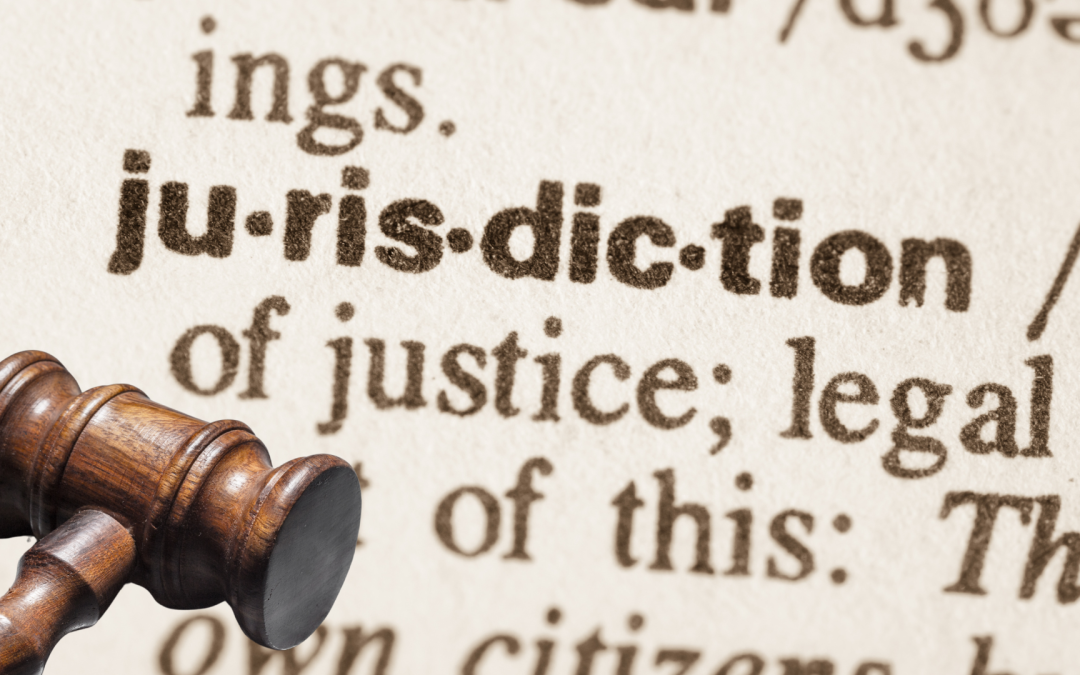The level of confusion and uncertainty often felt by couples wanting to get divorced always strikes me in a very real and profound way. Sadly, many people do not know where to start when it comes to discussing a possible divorce, or the consequences thereof. More often than not, the topic is avoided altogether, be it as a result of fear, shame or even guilt.
The above lack of communication invariably leads to conflict,  resentment and bitterness, which often leads to lengthy and costly litigation which could have been avoided had the parties only communicated. This is not to say that all divorces should be discussed between the parties around a table; in physically abusive relationships this might not only be detrimental, but also potentially dangerous to the party initiating the conversation. In such a situation the spouse being abused should seek legal assistance as soon as possible to ensure their own safety.
resentment and bitterness, which often leads to lengthy and costly litigation which could have been avoided had the parties only communicated. This is not to say that all divorces should be discussed between the parties around a table; in physically abusive relationships this might not only be detrimental, but also potentially dangerous to the party initiating the conversation. In such a situation the spouse being abused should seek legal assistance as soon as possible to ensure their own safety.
In most divorce cases though, both parties would prefer to avoid a traumatic court battle and might therefore be open to discussing the issues amiably. The key to discussing settlement lies in reading the situation and the attitude of the other party. If either party is still uncertain, it might be advisable to consult an attorney or a mediator.
In my experience there are usually three main issues which the parties may be at odds about: Children, Property, and Maintenance (in that order). Though it would be impossible to fully explore the legal position in respect of each of these issues in a blog, merely noting their existence and making the reader aware of such existence is, in my opinion, invaluable. Proper communication and consensus between the parties in respect of these issues may save the parties many years in court and many thousands of rands in legal fees.
From the outset it must also be borne in mind that the marital property regime (in community of property, out of community of property including the accrual system, or out of community of property excluding the accrual system) which governs the marriage relationship has a profound effect on the division of assets, insofar as it will regulate what each party’s entitlement by law would be. It would therefore be wise to keep this in mind when entering into any discussion. Should you be unsure of what the implications of these marital property regimes are, it would be advisable to seek legal advice on this point as soon as possible to ensure that you enter into these discussions fully aware of your rights and responsibilities.
It would naturally be impossible to deal with every detail that merits discussion in planning and negotiating a divorce, but here are a few questions which are often raised by parties in divorce negotiations, which may serve as a good starting point once the question of divorce has been broached:
Children
What is a Rule 43 Application?
- With which parent will the children reside on a regular basis? This is known as the primary residence of the children.
- Will both parents have full parental rights and responsibilities in respect of the children?
- When, and in what manner, will the non-resident parent be entitled to see and spend time with the children?
- How will the scholastic needs of the children be maintained through the difficult time that lies ahead?
As an aside, it must be mentioned that a proposed Settlement Agreement in any matter involving minor children must be endorsed by the offices of the Family Advocate as being in the best interests of such children before being considered by a Court. The parties would therefore do well to come to an arrangement that is mutually beneficial to them, as well as promoting the best interests of the children. In the event that children are a bit older, it may occasionally be wise to canvas any proposed arrangement with them and take their needs and desires into account. I have found that reasonableness is the key in this regard.
Division of Property
In what manner will the following assets and/or liabilities be dealt with:
- Vehicles;
- Fixed Properties (houses, vacant stands, flats, farms, offices etc). To this end the possibility of one party buying out the other party’s share may be explored in certain circumstances. Alternatively the asset may be sold and the profit shared between the parties after any debt attached to the asset has been paid off;
- Investments;
- Pension Funds;
- Household Contents;
- Shares;
- Retirement Annuities;
- Debt.
Maintenance
NB – From the outset one must differentiate between maintenance in respect of minor children and spousal maintenance.
The following should be considered:
- What amount will each parent contribute monthly in respect of the needs of the minor children?
- Will this be an all-inclusive amount or will it be itemized in respect of individual expenses such as school fees, clothing etc?
- What kind of annual escalation do the parties deem reasonable in respect of such maintenance amount?
- Will either party pay spousal maintenance to the other after the decree of divorce has been granted?
- Is either party a dependant on the medical aid of the other? How will this be dealt with?
- What will the state of affairs be when it comes to the medical aid of the minor children?
- How will unforeseen medical expenses (ie emergencies not covered by medical aid) be dealt with?
Every situation and set of circumstances is different. It is therefore impossible to predict all the factors that will come into play in any given divorce. The above issues, however, seem to be recurring themes in divorce proceedings. I have found that once parties reach consensus in respect of the above issues, the other issues are usually resolved with relative ease.
In closing please remember that the above is merely meant for educational and informative purposes. It should therefore not be seen as legal advice. If you do require professional legal advice, please consult with an attorney as soon as possible.















